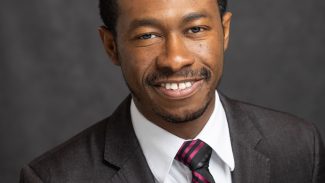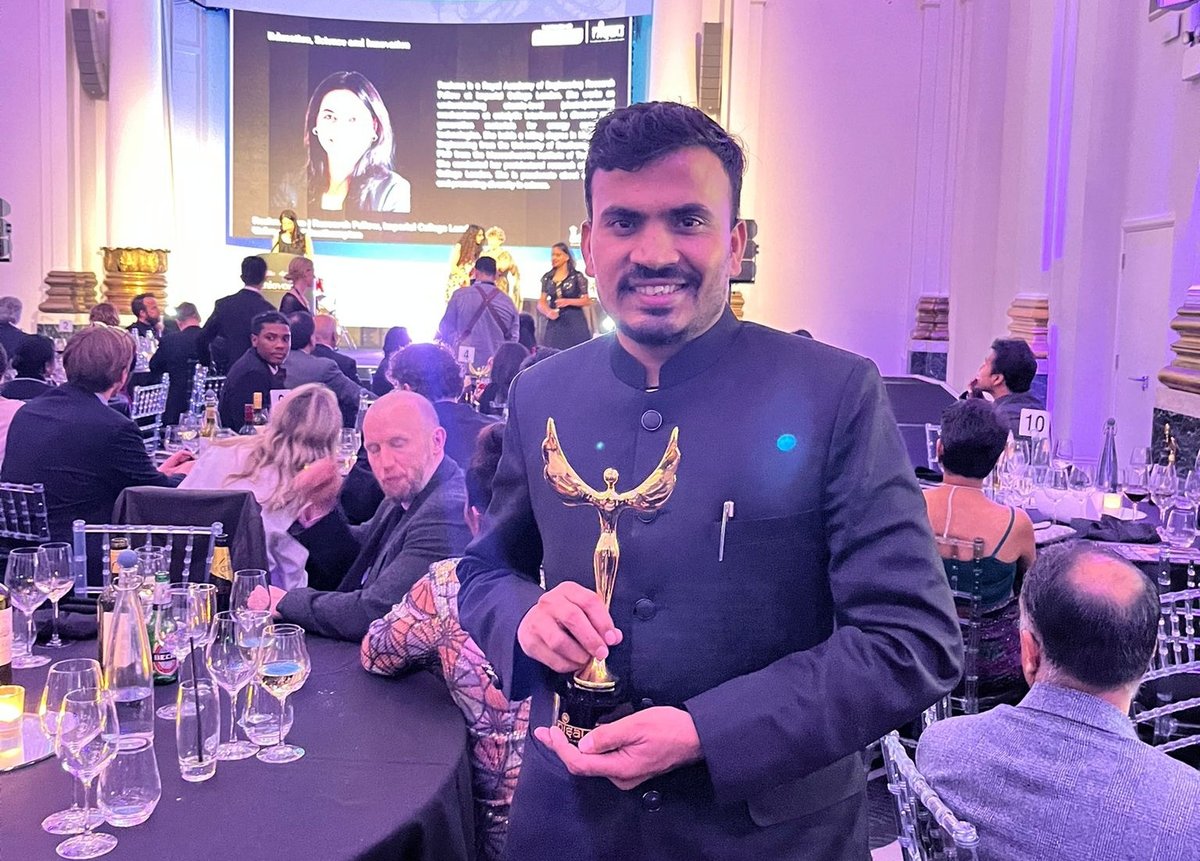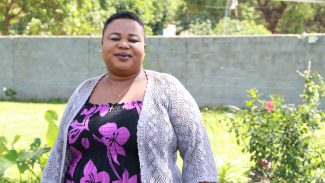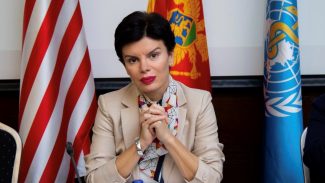Growing up in a nomadic tribe community in Maharashtra, Raju’s path appeared predetermined by the systemic challenges around him. Many communities in India are excluded from spaces where critical decisions affecting their lives are made. This lack of representation, combined with poverty and limited access to resources such as information, skills, and mentorship, impacts their ability to shape their own futures and reach their full potential.
“I saw how systemic discrimination and lack of resources kept talented individuals from my community from reaching their full potential,” Raju reflects. “This personal experience fuelled my passion to create change.”
Determined to rewrite the narrative, Raju founded the Eklavya India Foundation in 2017 with a mission to support people from marginalised communities to become the first in their families to access university education. The organisation provides a comprehensive support system, including raising awareness about university and scholarship programmes, and mentoring support.
In 2021, Raju was awarded a Chevening Scholarship to study an MSc in Development Studies at SOAS, University of London.
“The Chevening experience was transformative,” Raju explains. “It provided me with a global perspective on development issues and connected me with a network of like-minded leaders from around the world.”
Raju believes the experience has been invaluable in scaling up the Eklavya India Foundation’s impact.
Since returning to India, he has been working tirelessly to raise awareness about educational opportunities in India. The foundation conducts seminars, workshops, and bootcamps in rural and tribal areas, both in-person and virtually.
“We’re not just about getting students into universities,” Raju emphasises. “We’re building a movement of empowered individuals who can drive change in their communities and beyond. Education is the most powerful tool we have to transform lives and societies.”
Looking ahead, Raju has set ambitious goals for Eklavya and his personal mission. “By 2030, we aim to positively impact 20,000 first-generation students and their families,” he states. “But that’s just the beginning.”
Raju’s innovative approach and dedication have not gone unnoticed. He has been named an Ashoka Fellow, a Fellow of the Royal Society of Arts, and an Inlaks Fellow. His work has been featured in Forbes 30 Under 30, TEDx talks, and major media outlets.
“These recognitions are humbling,” Raju says, “but they also serve as a reminder of the immense work still to be done. My Chevening experience has reinforced my commitment to spending my lifetime working toward a more equitable and just India for underserved communities.”




